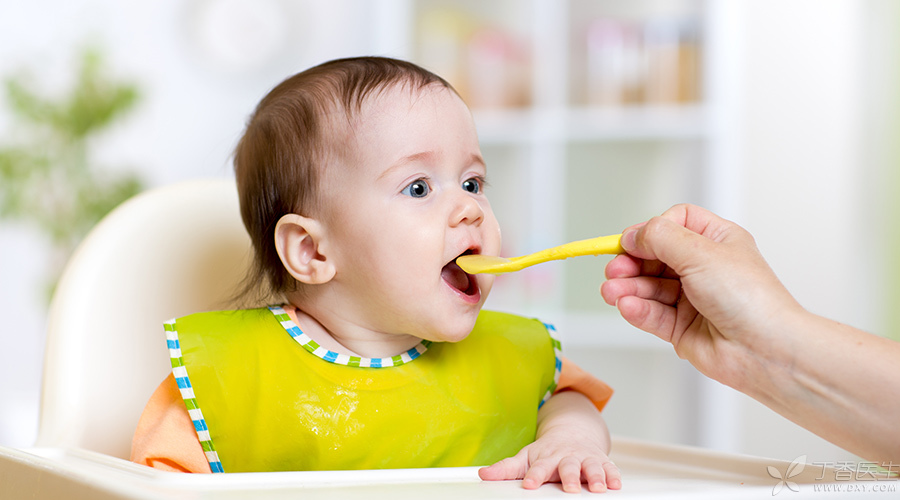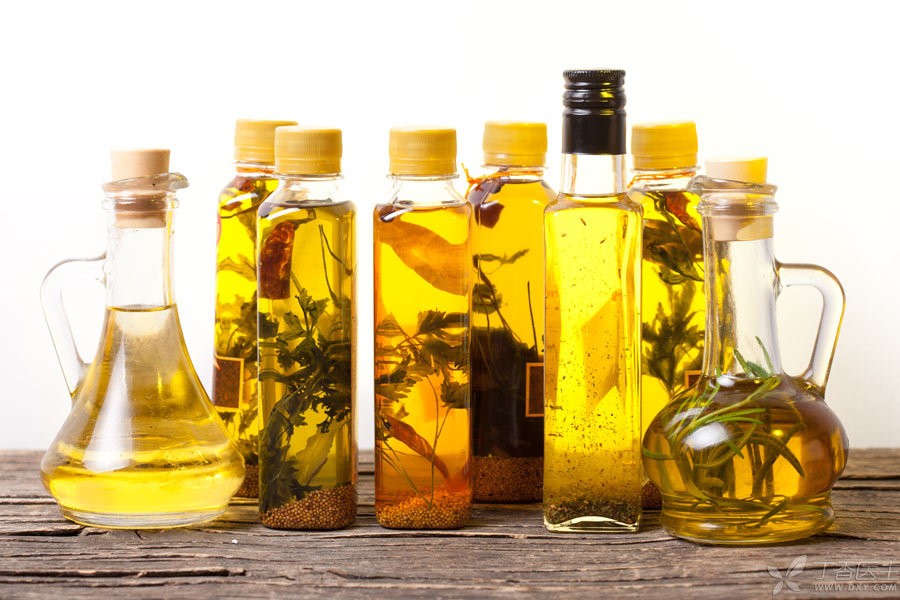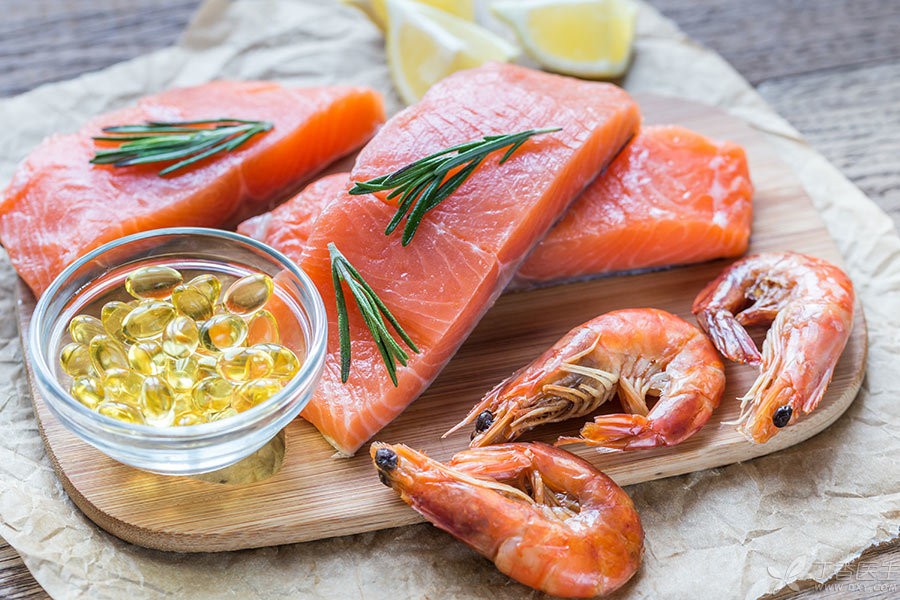
Finally, the baby stayed up until half a year old. When many treasure parents finally got a good night’s sleep and planned to catch their breath, how did they think that another [new task] came: adding supplementary food.
Ah, raising babies is to constantly learn from oneself (to fight monsters and upgrade).
With the addition of supplementary foods, many treasure parents know to emphasize [light taste] [less salt and sugar], but there is one thing that cannot be less: edible oil.
Why? Today, Dr. Clove invited nutrition expert Yang Dong to tell you about the baby’s supplementary food [refueling].
Supplementary foods need some oil.
In the baby’s diet, breast milk or formula milk powder is a high-fat food, while rice paste, lean meat, fruits and vegetables and other supplementary foods have less fat.
After adding supplementary foods, the baby’s daily amount of breast milk and formula milk will decrease, and the fat intake will also decrease. At this time, if the supplementary foods cannot provide sufficient fat, it may lead to uneven nutrition and insufficient energy intake, which is not conducive to the growth and development of the baby.
The < < Dietary Guidelines for Chinese Residents > > pointed out that for babies aged 7-9 months, if the supplementary food is mainly cereals, vegetables, fruits and other plant foods, an additional 5-10g of oil needs to be added.
However, older babies are exposed to more animal foods. If 600 milliliters of milk, 1 egg and 1 or 2 fish and poultry meat are guaranteed every day, they can eat enough fat every day without emphasizing additional addition.
5-10g sounds a lot? In fact, it is half a spoon to one spoon (the ordinary white porcelain spoon in the home is about 10g). If the baby has to feed several supplementary meals every day, it is OK to drop a few drops at a time.
Of course, we also need to be flexible. The amount of oil added can be adjusted according to the baby’s diet.
For example, if the supplementary food prepared for the baby is mainly rice paste and vegetable puree, then add a small spoon of oil. However, if the baby eats food with relatively high oil content today, such as liver mud, it is also possible to put less or no oil.

How about what oil?
Well, knowing that complementary foods need to be refueled, Ding Ma bet that Bao’s parents will have a new problem: How about adding what oil?
Common oils and fats on the market can be roughly divided into three categories according to the recommended grade:
1. These are the most recommended: linseed oil, walnut oil, perilla oil
This kind of oil is rich in-linolenic acid and is very suitable for direct eating. It is the preferred oil recommended in < < Dietary Guidelines for Chinese Residents > >.
Well, if you want to say shortcomings, it is expensive.
2. These are also good: olive oil, soybean oil and other vegetable oils
Vegetable oil is rich in unsaturated fatty acids and is best eaten directly or cooked at low temperature.
3. These are not recommended: butter, lard, coconut oil, margarine
The proportion of saturated fatty acids in this kind of oil is too high, which is not conducive to the health of the baby.
However, for babies, no kind of oil is “Tiger Balm”, so mothers do not have to struggle with choosing “King of Oil”.
On the contrary, treasure parents should pay more attention to the way to refuel:
- Often change varieties, common vegetable oil can be rotated to eat, which is conducive to the balanced intake of various fatty acids. Buy small packages, can reduce oxidation deterioration, eat again (don’t chop hands hoarding goods), let the baby eat fresh oil.

Do you need to give your baby fish oil?
When it comes to eating oil, many treasure parents who are looking forward to their babies’ cleverness are very concerned about one kind of oil: fish oil.
Alas, it is said that DHA is helpful for intellectual development. I heard that there is a lot of DHA in fish oil. Can you give your baby some fish oil?
This is not the case.
DHA is indeed a necessary fatty acid for baby’s growth and development, which is beneficial to the development of baby’s visual and motor functions. However, whether DHA can improve baby’s intelligence can only be said that the current research is not sufficient.
Fish oil contains not only DHA but also a fatty acid called EPA. Some studies have shown that excessive EPA may have adverse effects on the growth and development of babies (also a routine of slapping a date again).
In this case, [food supplement] is even more reassuring: if the baby can eat sufficient breast milk or qualified formula powder and is not allergic to fish and other seafood, the balanced diet of the baby can be ensured, and DHA intake can be satisfied, instead of having to be supplemented with fish oil.
China recommends that infants aged 7-36 months should take in 100 milligrams of DHA every day, mainly from breast milk, formula milk, seafood, etc. Ensure that the baby drinks enough milk, eats 2-3 fish meals a week, and ensures that one of the meals is marine fish rich in oil, and the daily intake of DHA is enough.
By the way, nursing mothers should also eat more fish. Make sure to eat fish three times a week, about 32 ounces each time, including at least one marine fish. Only when the mother eats enough can the baby get sufficient DHA from breast milk.
The choice of fish is also important. Do not choose marine fish with high mercury content, such as shark, arrow rain, square head fish and nitrile fish. You can choose salmon, sardines, Spanish mackerel, sea bass, golden pomfret and small yellow croaker.
